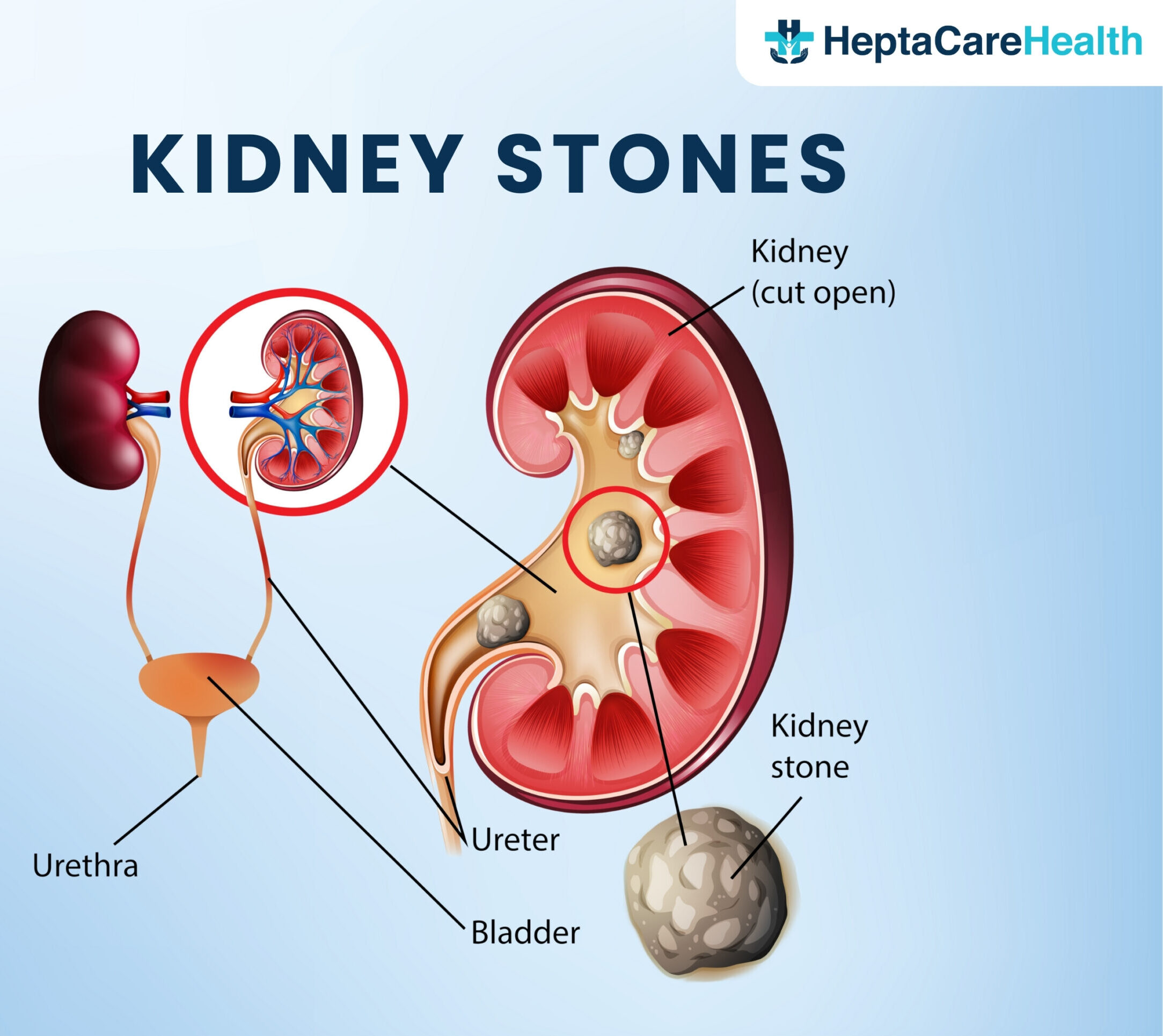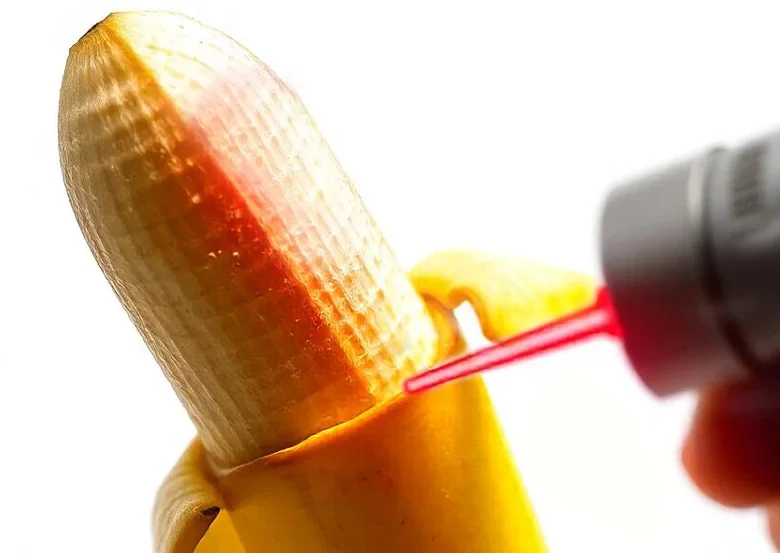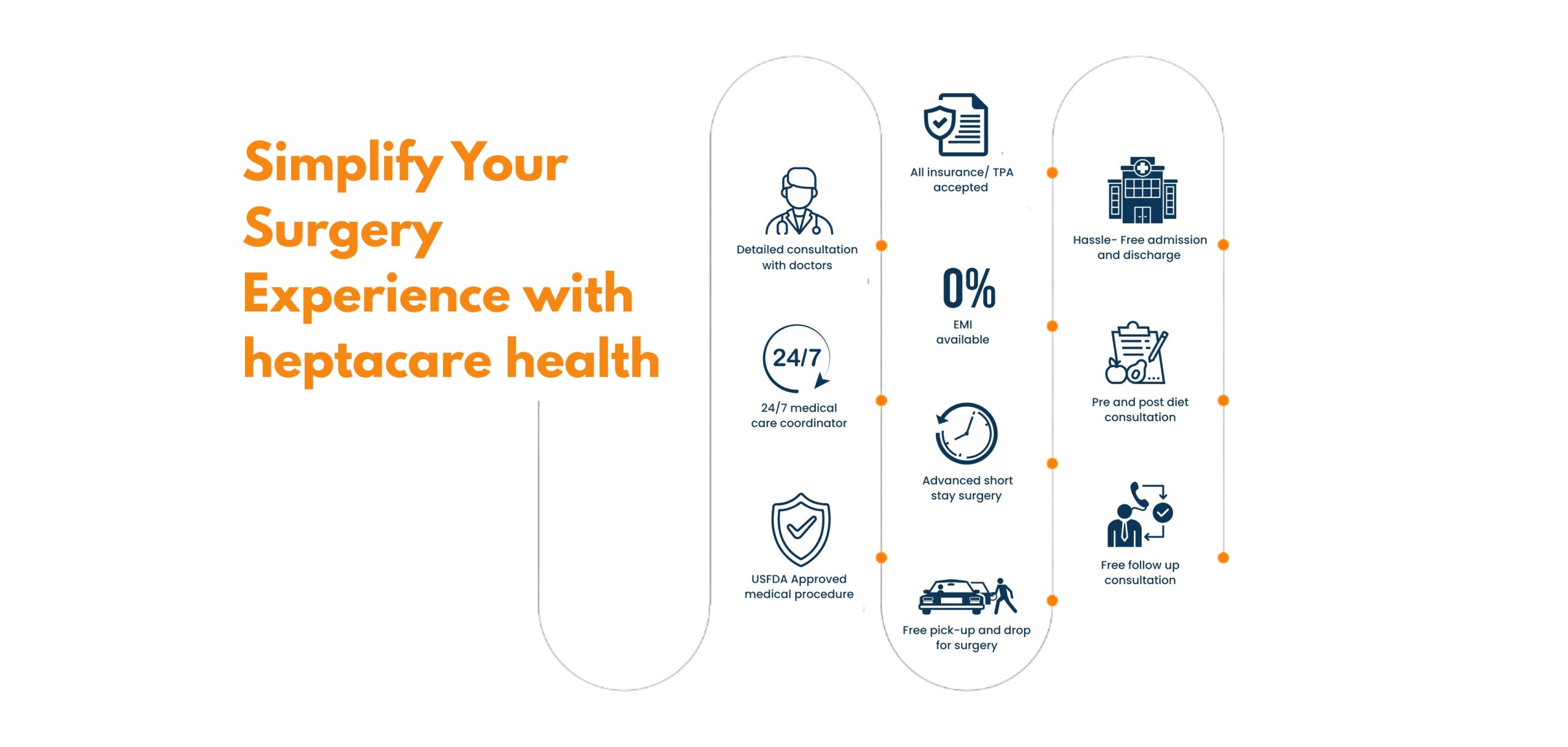PCNL surgery effectively relieves kidney stones that are too large or too dense to be corrected with any other procedure. It relieves painful symptoms to improve the patient’s quality of life. At HeptaCare Health, our experienced doctors use advanced technology to perform PCNL surgery and ensure minimal discomfort.
Happy Patients
Disease
Hospitals
Cities
PCNL Surgery or medical abbreviation (PCNL full form) is Percutaneous Nephrolithotomy is a treatment for stones in the kidneys or the upper ureter that are too big to pass through the system naturally and do not respond to other treatment techniques such as Shock Wave Lithotripsy or Laser Ureteroscopy. PCNL surgery is minimally-invasive and thereby causes minimal pain or discomfort to the patient. This procedure relieves the painful symptoms caused by significantly enlarged kidney stones with almost no complications and allows patients to get back to their lives without hassles. Due to its minimally invasive nature and high success rate in treating stones that measure 2 cm or above, this surgery has replaced traditional open surgery methods over the years. Reach out to HeptaCare Health to get the best PCNL surgery cost.

We at HeptaCare Health make the best PCNL surgery (PCNL procedure) available to people from all sections of society. We have partnered with the best hospitals in different parts of the country to make this surgery easily accessible for all. Our partner hospitals boast state-of-the-art infrastructure consisting of modern technology and all the amenities to ensure a seamless patient experience.
On top of that, our team consists of the top urologists who have extensive experience in performing PCNL surgeries with the utmost precision. They leverage advanced technology to increase the efficacy of the procedure and keep the patient’s comfort on priority. Book an appointment with our expert urologist and get quality treatment for kidney stones.
As with any other surgery, the doctors suggest some diagnostic tests before PCNL surgery. These tests help them determine the size and number of stones and rule out underlying diseases or conditions that might affect the efficacy of the procedure. Some common diagnostic tests performed before PCNL surgery include:
PCNL surgery is performed in the following steps:
Before PCNL surgery, your doctor will give you some instructions to help you prepare for the surgery. Following these preoperative preparation tips will not only help you prepare for the operation but will also help you remain calm throughout. Here’s how you can prepare yourself for the PCNL surgery:
Complete recovery after PCNL surgery takes about 4 to 6 weeks. However, the recovery period can vary from person to person. The doctor will give you some postoperative instructions that will help you boost your recovery, including:

PCNL Surgery has emerged as the preferred treatment method for kidney stones that are 200 mm or larger in recent times. It’s chiefly because it’s an advanced, minimally invasive procedure with very little chance of complications and a high success rate. Listed below are some more benefits of PCNL surgery:


Based on 7721 Recommendations | Rated 4.68 Out of 5
Happy Patients
Clinics
Cities
Surgeries
Doctors
Hospitals

Painless laser circumcision at Heptacare Health with quick recovery and expert care.

Safe circumcision at Heptacare Health, offering precise, minimally invasive treatment with faster recovery.

Effective phimosis treatment at HeptaCare Health with expert care for safe and long-lasting results.

Expert balanoposthitis treatment at HeptaCare Health for safe, effective, and quick recovery care.

Safe hydrocele treatment at Heptacare Health with expert care and minimally invasive procedures for faster recovery.

Yes, circumcision is safe for newborns, children, and adults, but the method and anesthesia vary according to age.
Minor risks include swelling, mild pain, bleeding, or infection, which are rare and manageable with proper care.
No. Circumcision does not affect sexual performance or sensation significantly. Many patients report improved hygiene and reduced infections.
While circumcision can be elective, it is recommended for medical conditions like phimosis, recurrent infections, or hygiene issues.
● piles laser surgery cost in Vizag ● low-cost piles surgery in Hyderabad ● cashless piles treatment near me ● painless piles surgery in Vijayawada ● piles treatment with insurance in Vizag ● piles removal surgery cost in Hyderabad ● piles operation packages in Vijayawada ● affordable piles treatment near me ● piles laser treatment clinic in Hyderabad ● piles doctor consultation charges in Vizag ● best piles surgery cost in Vijayawada ● piles treatment hospital near me ● piles laser operation price in Hyderabad ● low-cost piles laser treatment in Vizag ● piles removal cost near me ● piles treatment with EMI in Vijayawada ● piles surgery specialist near me ● piles surgery packages in Hyderabad ● piles treatment clinic near me ● stapler circumcision treatment near me ● stapler circumcision surgery cost in Vizag ● painless stapler circumcision in Hyderabad ● stapler circumcision for adults near me ● best stapler circumcision clinic in Vijayawada ● stapler circumcision procedure cost in Hyderabad ● stapler circumcision surgery packages near me ● stapler circumcision treatment hospital in Vizag ● affordable stapler circumcision surgery near me ● stapler circumcision consultation charges in Hyderabad ● stapler circumcision surgery with EMI option ● advanced stapler circumcision surgery near me
Disclaimer: **The result and experience may vary from patient to patient.. ***By submitting the form or calling, you agree to receive important updates and marketing communications.
Getting an accurate diagnosis can be one of the most impactful experiences that you can have.

cure with care
Copyright © 2025. All rights reserved.
Consult with our expert surgeon for more than 50+ diseases
Happy Patients
Hospitals
Cities